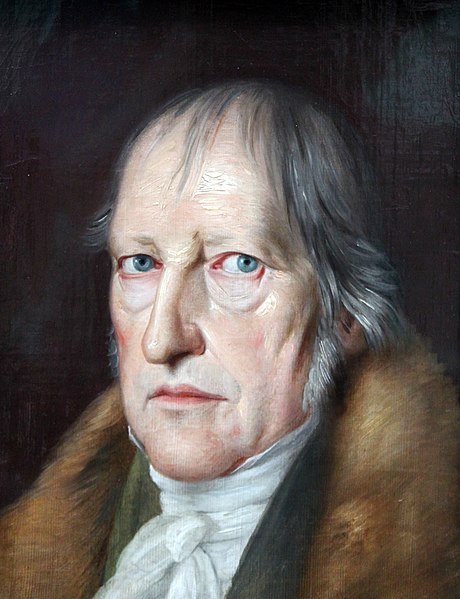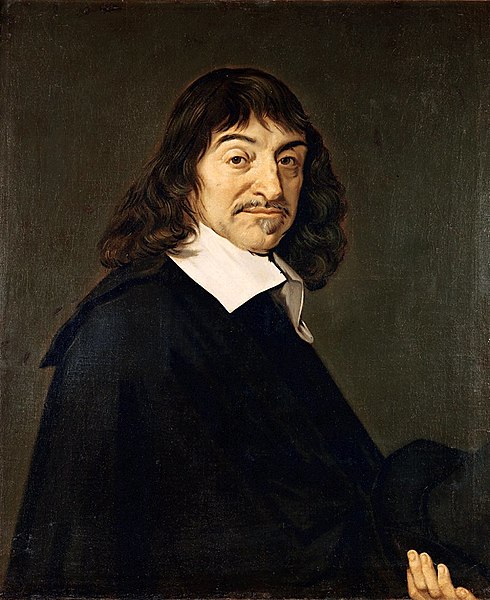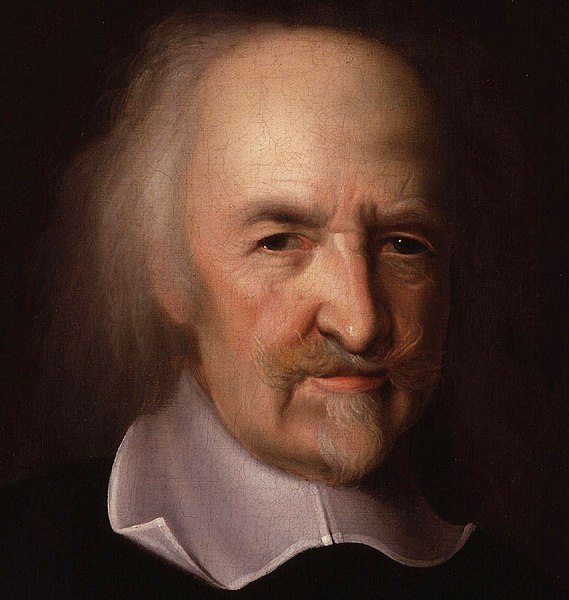Infinite photos and videos for every Wiki article ·
Find something interesting to watch in seconds
World Banknotes
Celebrities
Famous Castles
History by Country
Ancient Marvels
Animals
Recovered Treasures
Great Museums
Best Campuses
Countries of the World
Supercars
Wonders of Nature
Rare Coins
Orders and Medals
British Monarchs
Crown Jewels
Sports
Presidents
Tallest Buildings
Wars and Battles
Kings of France
Largest Palaces
Largest Empires
Richest US Counties
Great Artists
Great Cities
more top lists








